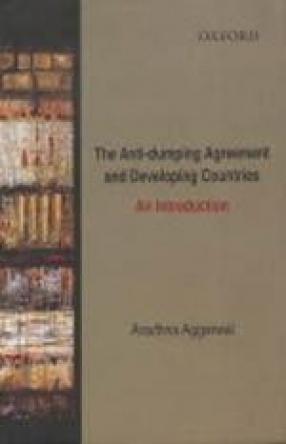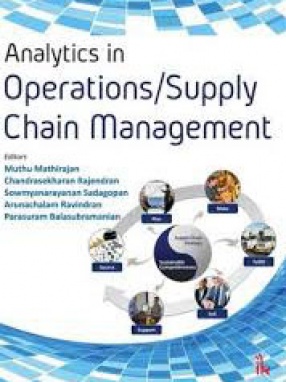In the era of globalization, trade policy has become a key development tool and expanding exports a major policy objective for developing countries. However, pressures for protectionism are threatening to reverse the gains. The surge of anti-dumping practices in the 1990s in many countries have triggered an intense debate on the anti-dumping agreement and its implementation. This volume analyses the importance of anti-dumping from a developing country’s perspective. The author investigates the use of anti-dumping in a comparative framework and reviews the genesis and evolution of the agreement and its legal provisions. She further discusses the economic and non-economic justifications of anti-dumping use and empirically analyses the macro-economic factors motivating countries to use anti-dumping. Finally she examines the wide-ranging proposals to reform the WTO anti-dumping code. The analysis brings out a bias against developing countries and stresses the need for fundamental reform of current anti-dumping rules. The author also reflects on plausible approaches to refine existing provisions and explores the possibility of reform by including a Public Interest Test. She suggests updating the special and differential treatment provisions to remedy existing imbalances. This lucid volume will be useful to students of economics, managements, law and international trade, researchers, policymakers, economists, trade development agencies and also non-technical audience in business and politics.
The Anti-Dumping Agreement and Developing Countries: An Introduction
In stock
Free & Quick Delivery Worldwide
reviews
Bibliographic information
Title
The Anti-Dumping Agreement and Developing Countries: An Introduction
Author
Edition
1st ed.
Publisher
Oxford University Press, 2007
ISBN
0195689275
Length
xvi+300p., Tables; Figures.
Subjects





There are no reviews yet.